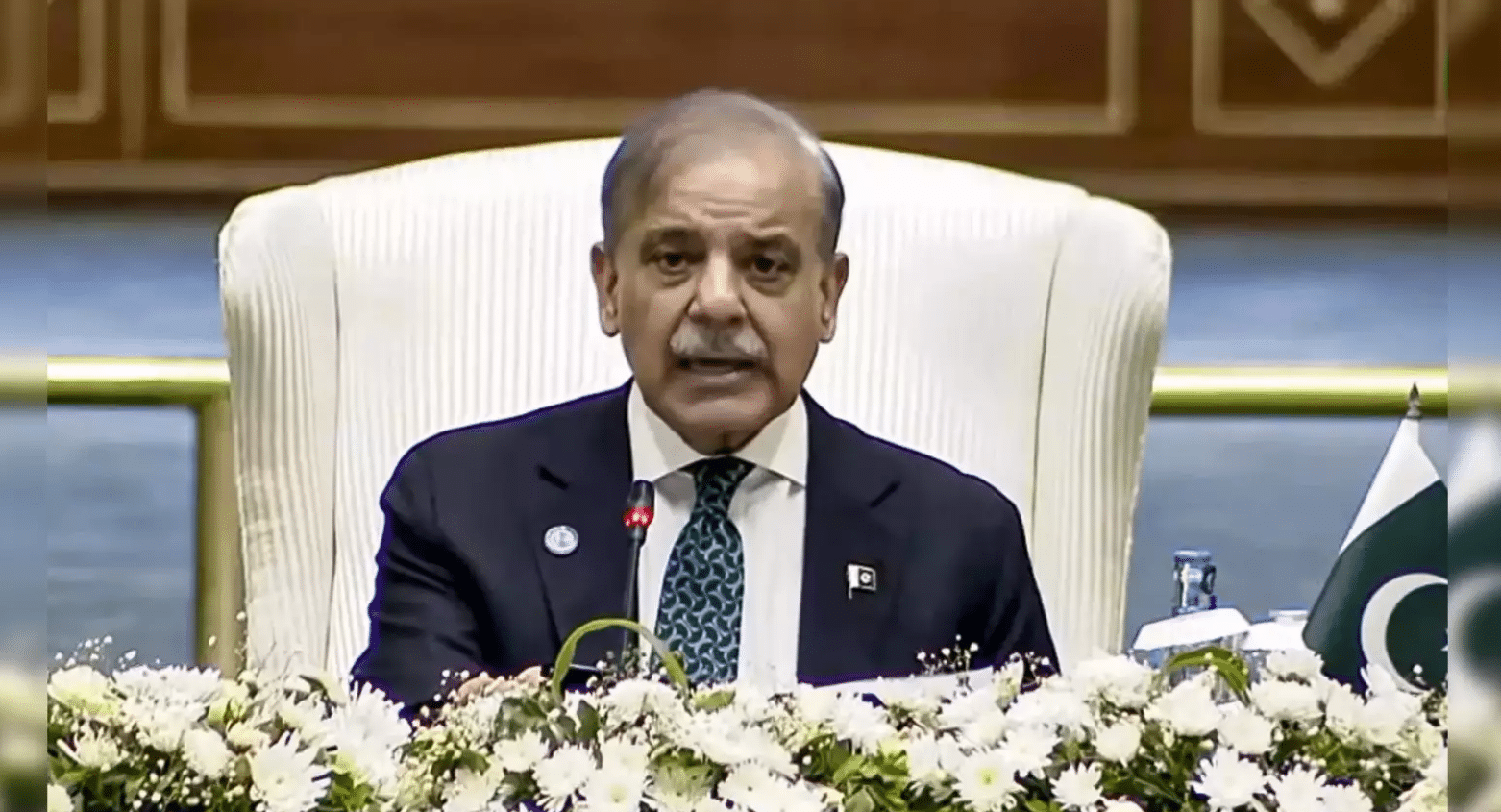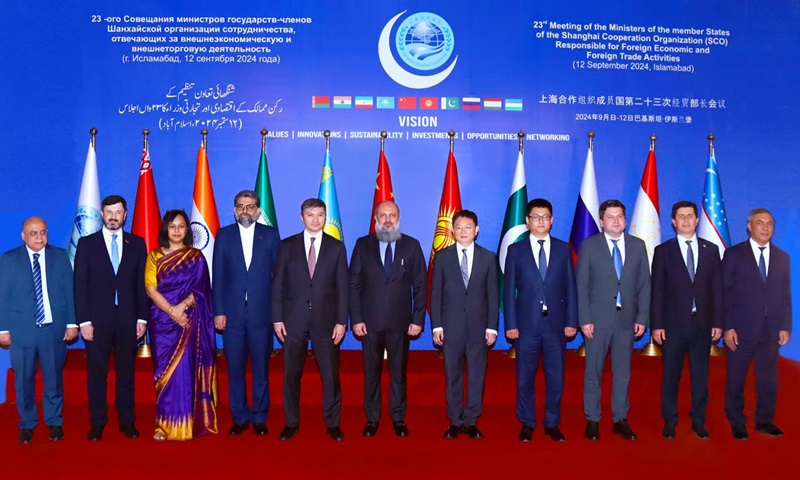In a recent development, the caretaker government of Pakistan has announced a substantial reduction in the prices of petroleum products. This move comes in response to a significant decline in international oil prices and the strengthening of the Pakistani rupee against the US dollar. The reduction in prices is expected to have a substantial impact on the economy and the daily lives of the people. This article will delve into the details of this announcement, explaining the reasons behind it, and its implications.
The New Petrol Price
One of the most significant changes in the government’s announcement is the reduction in the price of petrol. The new price for a liter of petrol will be Rs. 283.38, marking a considerable decrease of Rs. 40 per liter. This substantial cut is certainly good news for consumers who have been grappling with rising fuel costs.
Factors Contributing to the Price Cut
The primary reason for this reduction in petrol prices is the significant decline in international oil prices. Global oil prices have experienced a notable decrease, which has enabled the government to pass on these savings to the consumers. This will undoubtedly provide some relief to the general public, as fuel costs are a substantial part of their monthly expenses.
Impact on Consumers and the Economy
The reduction in petrol prices will have a positive impact on the daily lives of consumers. With cheaper fuel, transportation costs are expected to decrease, which will translate to savings for individuals and businesses alike. Moreover, the reduction in fuel prices can help control inflation, providing economic relief to the country.
High-Speed Diesel Price Reduction
The reduction in petroleum product prices is not limited to petrol alone. The price of high-speed diesel is also set to see a significant decrease. The new price for high-speed diesel will be Rs. 303.18 per liter, following a cut of Rs. 15 per liter.
Factors Leading to the Reduction
The decrease in high-speed diesel prices is a result of the same factors that led to the reduction in petrol prices, primarily the declining international oil prices. Diesel is a crucial fuel used in various sectors, including transportation and agriculture, and its price reduction will have far-reaching effects.
Consequences for Various Stakeholders
The decrease in high-speed diesel prices will benefit various sectors of the economy, particularly those that rely heavily on this fuel. Reduced diesel costs will lead to lower transportation expenses, which can have a positive impact on the prices of goods and services.
International Oil Prices
Global oil prices are inherently volatile and subject to various geopolitical and economic factors. Understanding how these fluctuations affect fuel prices in Pakistan is crucial to making sense of the government’s price reductions.
Pakistani Rupee’s Strength
Another significant factor contributing to the reduction in petroleum prices is the appreciation of the Pakistani rupee against the US dollar. The rupee has gained an impressive 10.6 percent or Rs. 29.5 against the dollar since September 5, 2023. This strengthening of the rupee has played a pivotal role in allowing the government to lower fuel prices.
Recent Government Actions
It’s essential to note that this reduction in prices follows previous government actions that caused significant price hikes. In the previous three fortnightly reviews, the interim government increased the price of petrol by Rs. 58.43 per liter and the price of high-speed diesel by Rs. 55.84 per liter.
These sharp increases were a burden on the people, making the recent price reductions a welcome relief. However, they also highlight the volatility and unpredictability of fuel prices in the country.
Future Price Trends
While the reduction in petrol and diesel prices is undoubtedly good news for consumers and businesses, it’s important to acknowledge the inherent instability in global oil prices. The recent conflict in the Middle East has already caused prices to rise again. Therefore, it’s uncertain how long the current favorable conditions will last.
The government will need to closely monitor the global oil market and consider necessary actions to ensure that fuel prices remain affordable for the public.




